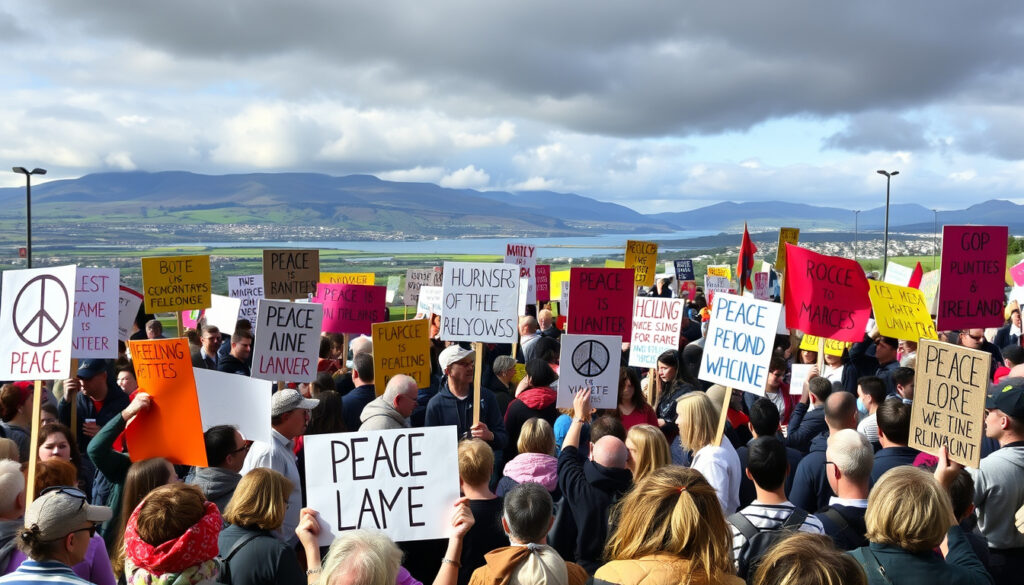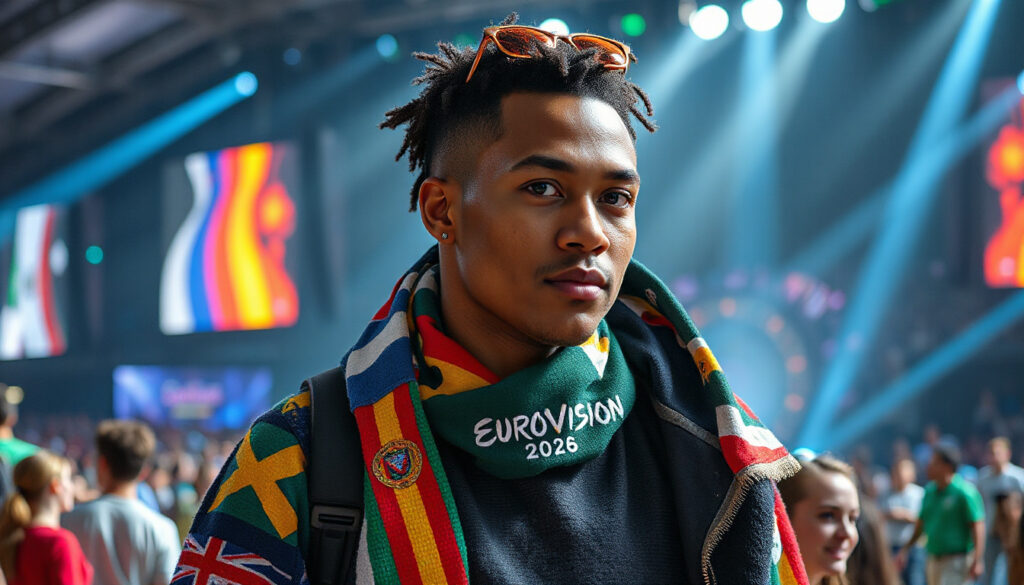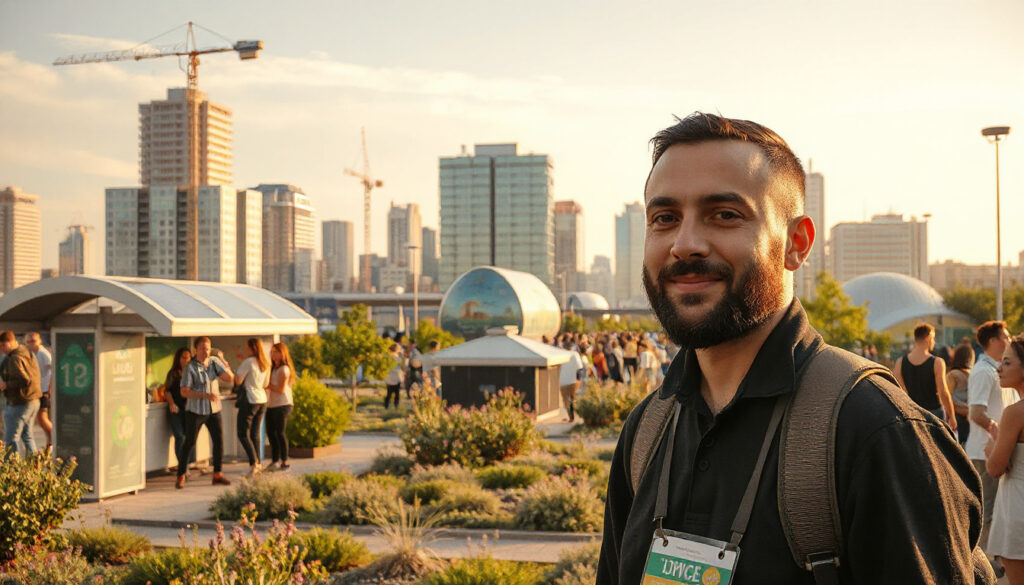Ireland is witnessing a rising tide of protests as the national broadcaster RTÉ faces mounting calls to boycott the upcoming Eurovision Song Contest scheduled for May 17, 2025, in Basel, Switzerland.
The source of contention lies in Israel’s participation amidst the disturbing backdrop of ongoing tensions in Gaza.
Demonstrators gathered outside RTÉ’s headquarters, brandishing Palestinian flags and holding placards that denounce Israel’s actions while advocating for a boycott.
Significant public figures, such as renowned Irish actor Stephen Rea, have joined the movement, reciting poetry that highlights the conflict’s humanitarian dimensions.
In recognition of the divisive sentiment surrounding this issue, RTÉ’s Director General, Kevin Bukhurst, acknowledged the situation’s complexity but confirmed that the broadcaster would continue its involvement in the competition.
This decision has sparked controversy and highlighted the intersection of culture, media, and political responsibility in contemporary society.

Eurovision Ireland 2025 Key Takeaways
- Protestors in Ireland are calling for RTÉ to boycott Eurovision due to Israel’s participation amidst Gaza tensions.
- Prominent figures, including former Eurovision contestants and actors, have joined the protest to advocate for Palestinian rights.
- RTÉ’s management faces growing internal and external pressure while continuing to engage with the Eurovision Song Contest.
Background of the Protests Against RTÉ
The ongoing protests against RTÉ, Ireland’s national broadcaster, have sparked intense dialogue regarding its participation in the 2025 Eurovision Song Contest, particularly concerning Israel’s presence amidst heightened tensions in Gaza.
Demonstrators have taken to the streets, voicing their discontent by waving Palestinian flags and carrying placards that criticize Israeli actions and advocate for a boycott.
This movement has garnered support from notable figures including Irish actor Stephen Rea, who lent his voice to the cause by reciting poetry that resonates with the struggles in the conflict-ridden region.
In response, RTÉ’s Director General Kevin Bukhurst acknowledged the situation’s complexities while affirming that the broadcaster does not intend to withdraw from the contest.
He emphasized the importance of dialogue with the European Broadcasting Union (EBU) about the implications of Israel’s inclusion, whilst also expressing deep concerns over the humanitarian crisis in Gaza and the associated geopolitical challenges faced by Israel’s public broadcaster, KAN.
The call for a boycott has gained momentum, with over 70 former Eurovision contestants supporting the protest alongside RTÉ’s own staff, who have urged management to take a stand against Israel’s participation due to concerns over media freedoms and the violence faced by Palestinian journalists.
Notably, other European broadcasters, such as Iceland’s RÚV, have similarly expressed their opposition to Israel’s involvement.
The Eurovision Song Contest, scheduled for May 17, 2025, in Basel, Switzerland, will feature Irish artist EMMY performing her song ‘Laika Party,’ amidst these ongoing discussions that highlight the intersection of culture and political advocacy on an international stage.
Impact of International and Local Voices on the Boycott Movement
The escalating protests against RTÉ signal a broader movement within the cultural landscape that intertwines art, politics, and social justice.
With international voices joining local calls for action, the boycott reflects growing awareness of how entertainment platforms can influence public perception.
The Eurovision Song Contest, known for promoting unity through music, now sits at a crossroads where the ethical implications of participation clash with the desire for cultural representation.
As the event approaches, debates surrounding Israel’s participation will likely intensify, encouraging more artists and public figures to evaluate their roles within such a politically charged context.
This evolving discourse also underscores the importance of media agencies like RTÉ in navigating their responsibilities while fostering dialogue on pressing humanitarian issues.
Ultimately, the intersection of art and advocacy in this scenario demonstrates how cultural events can serve as catalysts for political discourse, bridging local and international concerns.







